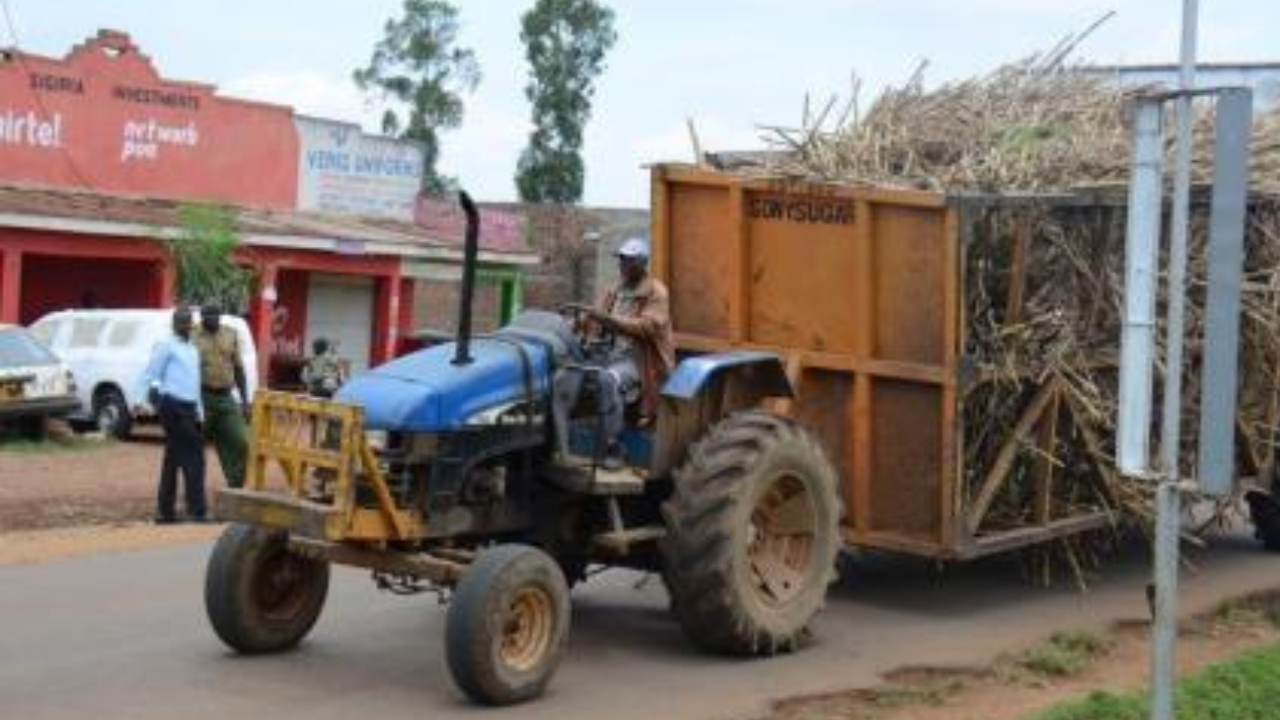In a mounting wave of discontent, the Kenya Union of Sugarcane Plantation and Allied Workers (KUSPAW) has taken a bold stance against the Kenyan government’s recent push to lease out state-owned sugar factories, citing a colossal debt exceeding Sh5.5 billion owed to workers—a sum that has been left in the shadows of governmental negotiations and promises. The Union’s Secretary-General, Francis Wangara, has voiced the frustrations and desperation of over 8,000 workers languishing under the burden of unpaid wages, some for years, as the government prioritizes clearing farmers’ arrears while leaving workers’ pleas unheeded.
In a narrative fraught with broken promises and unfulfilled commitments, the government’s announcement last October of a Sh117 billion bailout for these floundering sugar companies seemed a glimmer of hope. Yet, this aid has conspicuously omitted the workers’ dues, leaving many to question the integrity of the government’s intentions towards its labor force. Wangara’s statements reflect a deep-seated disillusionment with a system that appears to prioritize investment and privatization over the welfare of its workers, a sentiment that has only been exacerbated by the government’s relentless pursuit of a leasing program that threatens to further marginalize the very people it should protect.
The government’s plan to lease five major sugar factories—Nzoia, South Nyanza (SONY), Chemelil, Muhoroni, and Miwani—to private investors for two decades is underway, with bids closing on February 15th, 2024. This move, intended to revive the ailing sugar industry, has been met with skepticism and resistance from KUSPAW, which argues that new investors should not inherit the burden of debts they played no part in accruing. This stance underscores a broader critique of the government’s handling of the sugar industry’s crisis, framing it as a disregard for the laborers who have long been the backbone of the sector.
Wangara’s call to action is not merely a defense against a leasing program but a clamor for justice for thousands of workers who have endured significant suffering as the sugar companies have faltered. The government’s majority stakes in these companies underscore its profound influence and responsibility in ensuring the well-being of its workers—an obligation that, according to KUSPAW, has been grossly neglected.
As the deadline for bid submissions looms, the union’s threat to rekindle legal battles against the government highlights the deepening rift between state-led economic initiatives and the basic rights of workers. This confrontation lays bare a grim reality: in the shadow of the government’s ambitious leasing scheme, lies a workforce disillusioned, unpaid, and overlooked, casting a long shadow over the future of Kenya’s sugar industry.
Kisumu City News
.




